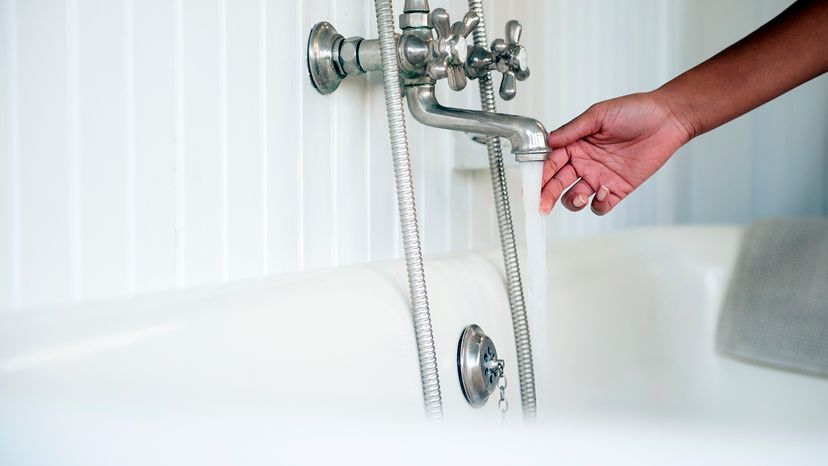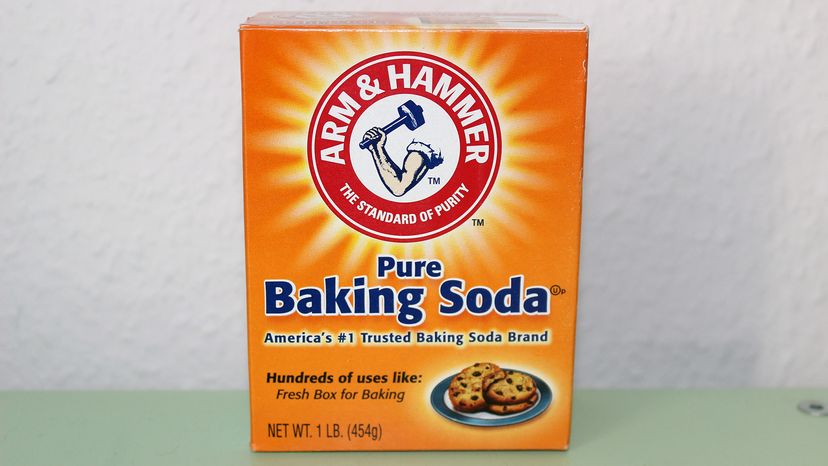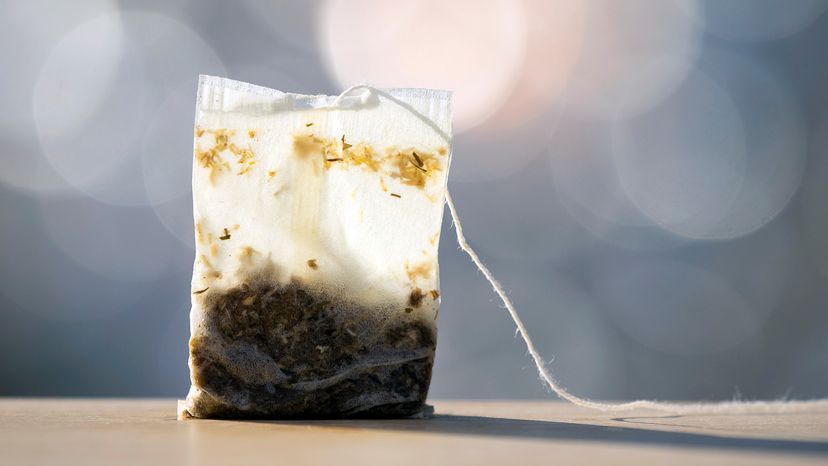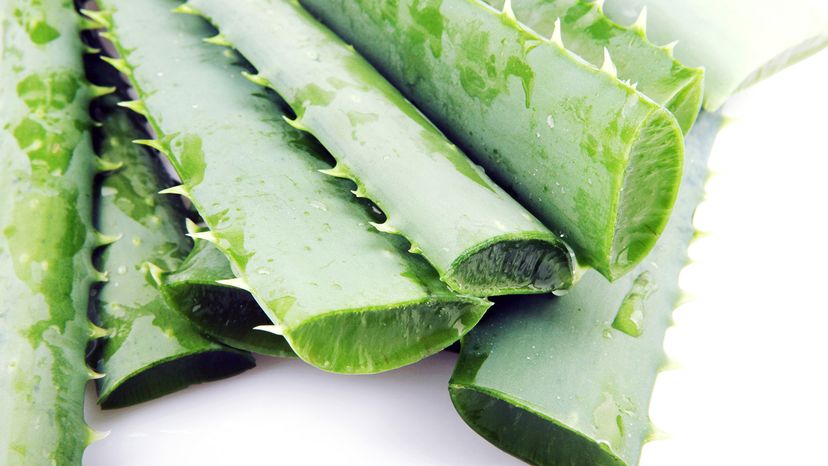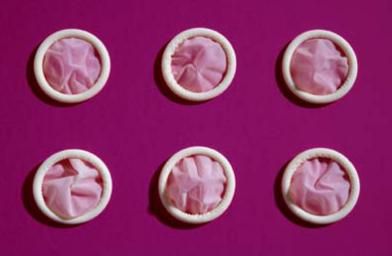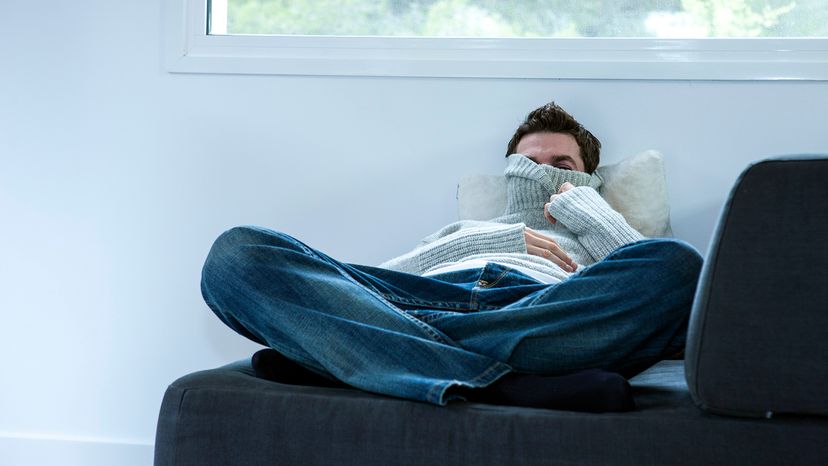
Genital herpes is a sexually transmitted disease (STD) caused by the herpes simplex virus Type I (HSV-1) and Type II (HSV-2). The Type I virus is the same one that causes cold sores on the mouth, face and lips, although it can also cause sores on the genitals. The Type II virus, however, most often causes sores on the genitals.
Oral herpes caused by HSV-1 can spread from the mouth to the genitals through oral sex. This is why some cases of genital herpes are caused by HSV-1. And be warned: The virus does not have to be in an active state — that is, blisters do not have to be present — for a partner to become infected [source: CDC].
Advertisement
The virus can also be passed during the preactive state, when there is itching or tingling in the area where the sores generally appear. Sometimes, the virus can be passed along before the infected person is even aware that the virus is present. What's more, saliva also carries the virus [source: CDC].
The first episode usually starts within a couple weeks of exposure, and the initial onset can be pretty bad, including an initial round and then a second round of painful sores, flulike symptoms, fever and swollen glands. Sometimes the symptoms are mild, however, and appear as little more than insect bites or a rash.
Once you have genital herpes, you have it for life [source: CDC]. It does, however, spend most of its life as a dormant virus. But, like cold sores, genital herpes recurs, often up to four or five times a year.
If you think you have genital herpes, first seek medical treatment. Your doctor is the only one that can tell you for sure if you have the virus by giving you a proper test. There are several types available and he or she will know which is best for you based on the types of symptoms you are (or are not) having. Your doctor can also prescribe you antiviral therapy if necessary. When taken daily, it can reduce the severity of your outbreaks and symptoms, and reduce the likelihood that your partner will get herpes, too.
Though your best bet is to first consult with your doctor, there are a few home remedies that can help you through an episode. Head over to the next page to learn more.
This information is solely for informational purposes. IT IS NOT INTENDED TO PROVIDE MEDICAL ADVICE. Neither the Editors of Consumer Guide (R), Publications International, Ltd., the author nor publisher take responsibility for any possible consequences from any treatment, procedure, exercise, dietary modification, action or application of medication which results from reading or following the information contained in this information. The publication of this information does not constitute the practice of medicine, and this information does not replace the advice of your physician or other health care provider. Before undertaking any course of treatment, the reader must seek the advice of their physician or other health care provider.
